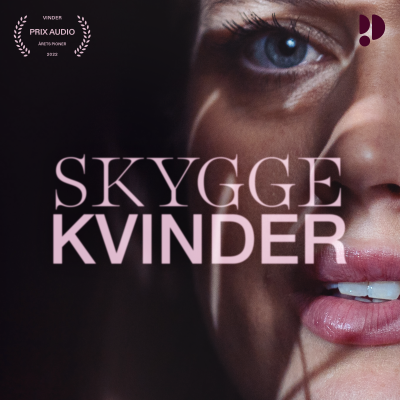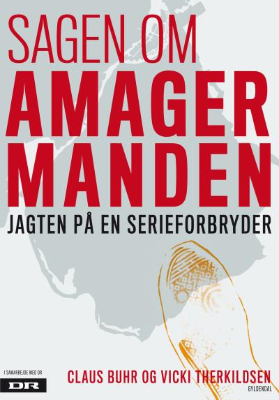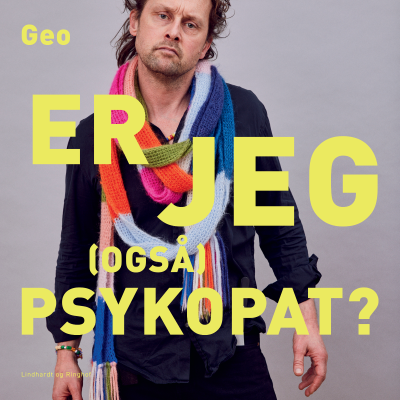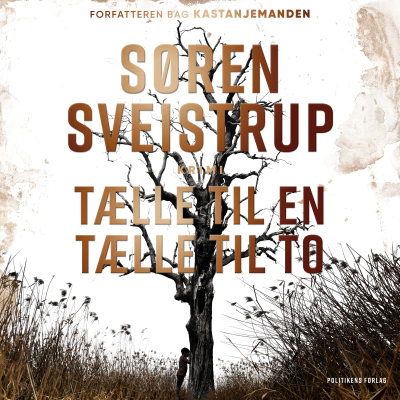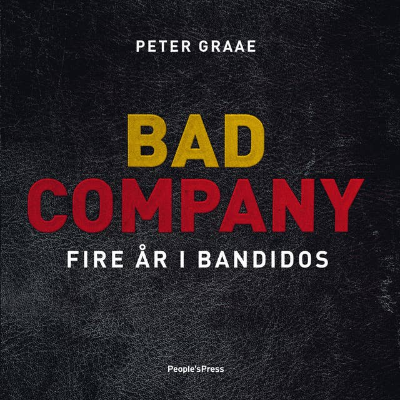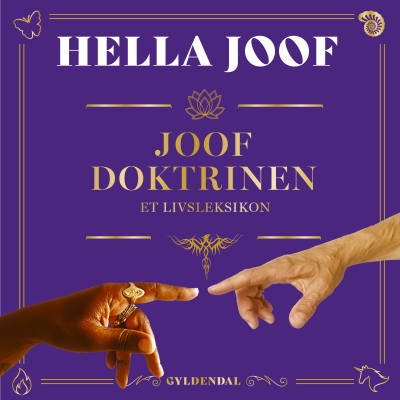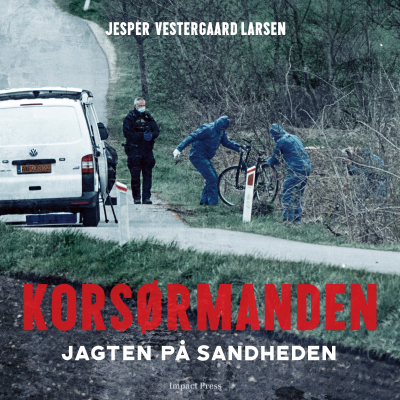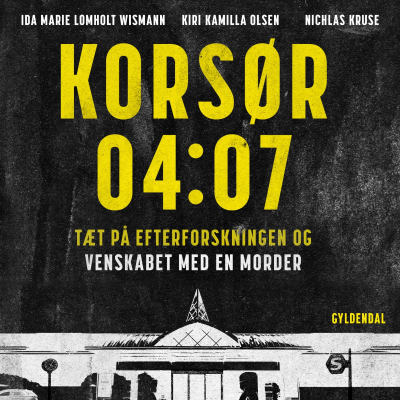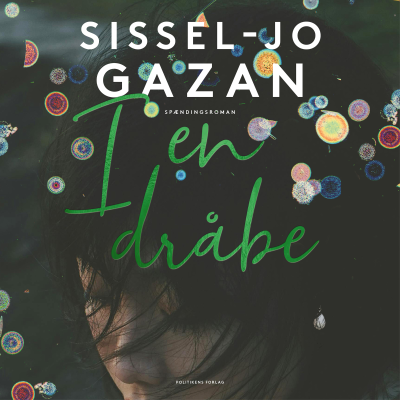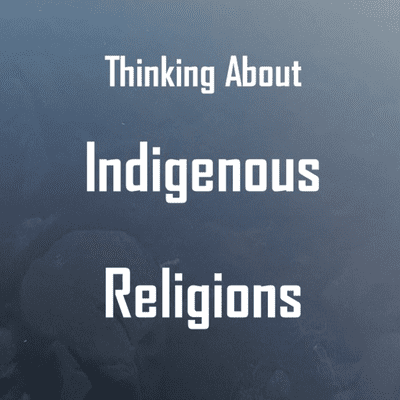
Thinking About Indigenous Religions
Podcast af Liudmila Nikanorova
Welcome to «Thinking About Indigenous Religions», a podcast where scholars, activists, artists, practitioners, and students discuss their understandings and usages of the term indigenous religions. The ambition is to address questions that many of us think of when we are thinking about indigenous religions. Are they the religions of indigenous peoples or a distinct group of religions? Is it a method, a theory, or a research field? Who gets to define indigenous religions? Who has already been defining indigenous religions, and whose voices and claims are yet to be heard and recognized? What makes a practice recognizable as religious and indigenous? This podcast is brought to you by INREL and GOVMAT from the Department of Archaeology, History, Religious Studies and Theology at UiT The Arctic University of Norway. Recording studio and technical support: UiT Result. Musical intro and outro: Lasse Michelsen. Host, editor and logo designer: Liudmila Nikanorova.
Prøv gratis i 7 dage
99,00 kr. / måned efter prøveperiode.Ingen binding.
Alle episoder
8 episoderThis episode concentrates on the translation - the transformation in performance - of the U.N.'s International Day of the World's Indigenous Peoples (9th of August) into the World Adivasi Day (Vishwa Adivasi Divas or Din) in Gujarat, specifically in the town of Chhotaudepur. Professor Arjun Rathva from MC Rathva College and Professor Gregory D. Alles [https://www.mcdaniel.edu/directory/greg-alles]from McDaniel College talk about an imagined global adivasi ('indigenous') community, ongoing legal challenges to the status of Rathvas as constituting a 'Scheduled Tribe', and 'de-religionising' processes at the World Adivasi Day. For more on this topic, read Alles's chapter Imagine Global Adivasi-ness: Celebrating Global Adivasi Day in Chhotaudepur (Routledge 2020) ( [https://www.taylorfrancis.com/chapters/imagining-global-adivasi-ness-gregory-alles/e/10.4324/9781003021513-5?context=ubx&refId=3623e3df-05ad-46bb-9d3c-4b827d3f2990]Open Access). This podcast is brought to you by INREL [https://en.uit.no/research/inrel] and GOVMAT [https://en.uit.no/project/govmat] from the Department of Archaeology, History, Religious Studies and Theology at UiT The Arctic University of Norway. Recording studio and technical support: UiT Result [https://result.uit.no/]. Musical intro and outro: Lasse Michelsen. Host, editor and logo designer: Liudmila Nikanorova [https://en.uit.no/ansatte/person?p_document_id=443022].
How does ‘sovereignty’ play out in the Naga areas – on the borders of India and Myanmar – with their rich stories connected to land, and their struggles to survive? How can we think about notions of sovereignty beyond nation-state boundaries, territorial independence, common language, culture, and religion; instead look at the productive ways in which people orient their lives, and politics, across time and space? What are the different ways in which academics and journalists use the languages of human rights, sovereignty, indigeneity or religion? In this episode, Dr Arkotong Longkumer [https://www.ed.ac.uk/profile/dr-arkotong-longkumer], Senior Lecturer/Programme Director of Religious Studies at the University of Edinburgh, and PhD research fellow in Religious Studies, Aheli Moitra [https://en.uit.no/ansatte/person?p_document_id=650511], at UiT-The Arctic University of Norway, talk about their work in the Naga lands - with Christianity, the role of prophecies, with a newspaper, movements for the recognition of Naga rights and participating in international networks, among other things. For more on this topic, read Longkumer's chapter Indigenous Futures: The practice of sovereignty in Nagaland and other places (Routledge 2020) [https://www.taylorfrancis.com/chapters/indigenous-futures-arkotong-longkumer/e/10.4324/9781003021513-4?context=ubx&refId=26bec15c-29dd-4c26-a204-cb383f2137be] (Open Access). Also check out Longkumer's new book The Greater India Experiment: Hindutva and the Northeast (South Asia in Motion) [https://www.sup.org/books/title/?id=28496](Stanford University Press 2021). This podcast is brought to you by INREL [https://en.uit.no/research/inrel] and GOVMAT [https://en.uit.no/project/govmat] from the Department of Archaeology, History, Religious Studies and Theology at UiT The Arctic University of Norway. Recording studio and technical support: UiT Result [https://result.uit.no/]. Musical intro and outro: Lasse Michelsen. Host, editor and logo designer: Liudmila Nikanorova [https://en.uit.no/ansatte/person?p_document_id=443022].
Former Sámi Parliament President Aili Keskitalo declared Standing Rock "is our common cause. It has become symbolic, one may rightly say that this is the world's Alta-case" (NRK Nyheter 07.11.2016) In this episode, we meet Professor Siv Ellen Kraft [https://en.uit.no/ansatte/person?p_document_id=42254], who talks about the shift to 'indigeneity' and 'indigenous religions' among the Sámi, through a focus on Sámi activism in Alta (1979-1981, concerning a proposed power plant) and Standing Rock (2016-2017, concerning a proposed pipeline). For more on this topic, read Kraft's chapter Indigenous Religion(s) - in the Making and on the Move: Sámi activism from Alta to Standing Rock (Routledge 2020) [ https://www.taylorfrancis.com/chapters/indigenous-religion-making-move-siv-ellen-kraft/e/10.4324/9781003021513-3?context=ubx&refId=31d0fbac-4cf4-4ae3-8ec5-979e727faa7a]. This podcast is brought to you by INREL [https://en.uit.no/research/inrel] and GOVMAT [https://en.uit.no/project/govmat] from the Department of Archaeology, History, Religious Studies and Theology at UiT The Arctic University of Norway. Recording studio and technical support: UiT Result [https://result.uit.no/]. Musical intro and outro: Lasse Michelsen. Host, editor and logo designer: Liudmila Nikanorova [https://en.uit.no/ansatte/person?p_document_id=443022].
"Norwegian Government did not just give us Sámi rights; we, the Sámi people, demanded our rights!" In Part Two of this two-part episode, we continue the conversation with Sámi anthropologist and activist Jorunn Eikjok, as she takes us through the protest site in Oslo, 1979 . The Alta Conflict is reported to be the largest Sámi protest, which was followed by fundamental changes in the relationship between the Sámi people and the Norwegian State. Find Part One here [https://www.buzzsprout.com/1596607/7389916-episode-4-alta-conflict-hunger-strike-for-sami-rights-with-jorunn-eikjok-part-one.mp3?blob_id=33691381&download=true].
This two-part episode is dedicated to the Alta Conflict, where Sámi activists led a series of protests in the 1970s and 1980s against the construction of a hydroelectric power plant on the Alta River in Northern Norway. The Sámi activists declared a hunger strike on the 8th of October, 1979, in front of the Norwegian Parliament in Oslo. The Alta Conflict is reported to be the largest Sámi protest, which was followed by fundamental changes in the relationship between the Sámi people and the Norwegian State. Sámi anthropologist and activist, Jorunn Eikjok, a key figure in the Alta movement who took part in the hunger strike for Sámi rights, joins us today. In Part One, Jorunn shares what life life was like for her before the Alta Conflict and her motivations for becoming an activist.
Prøv gratis i 7 dage
99,00 kr. / måned efter prøveperiode.Ingen binding.
Eksklusive podcasts
Uden reklamer
Gratis podcasts
Lydbøger
20 timer / måned
